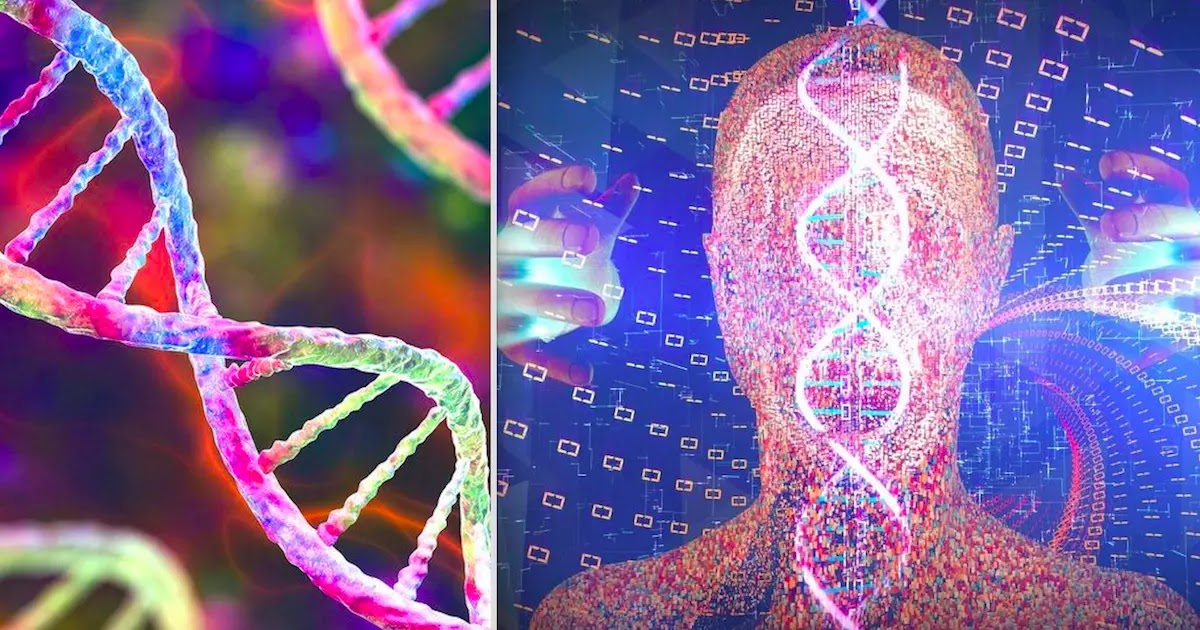
For the first time in history, scientists have revealed that they have mapped a complete human genome, an accomplishment that could lead to huge medical breakthroughs, particularly in the field of genetic and inheritable medical conditions.
The work was published last week in the journal Science and builds upon the first attempt at sequencing an entire human genome in 2003, in which 8% of the genome was still undecipherable.
Eric Green, director of the National Human Genome Research Institute (NHGRI), said of the accomplishment:
"Generating a truly complete human genome sequence represents an incredible scientific achievement, providing the first comprehensive view of our DNA blueprint. This foundational information will strengthen the many ongoing efforts to understand all the functional nuances of the human genome, which in turn will empower genetic studies of human disease."
While Adam Phillippy, one of the leaders of T2T and a senior investigator at the National Human Genome Institution, added:
"In the future, when someone has their genome sequenced, we will be able to identify all of the variants in their DNA and use that information to better guide their healthcare. Truly finishing the human genome sequence was like putting on a new pair of glasses. Now that we can clearly see everything, we are one step closer to understanding what it all means."
As part of the work, 2,000 new genes were identified, of which 115 may still be active and therefore influential on human disease progression and heritability. The team also identified 2 million additional genetic variants, of which around 600 could also impact medical health.
The investigation by the scientists also produced new information on the 'centromere', the area where cells are pulled apart to produce new cells. The behaviour of cells in this area is pivotal to the understanding of human ageing and therefore new knowledge of this could potentially in the future lead to treatments regarding longevity and maintaining longer term health.
[Based on reporting by: euronews.]













COMMENTS